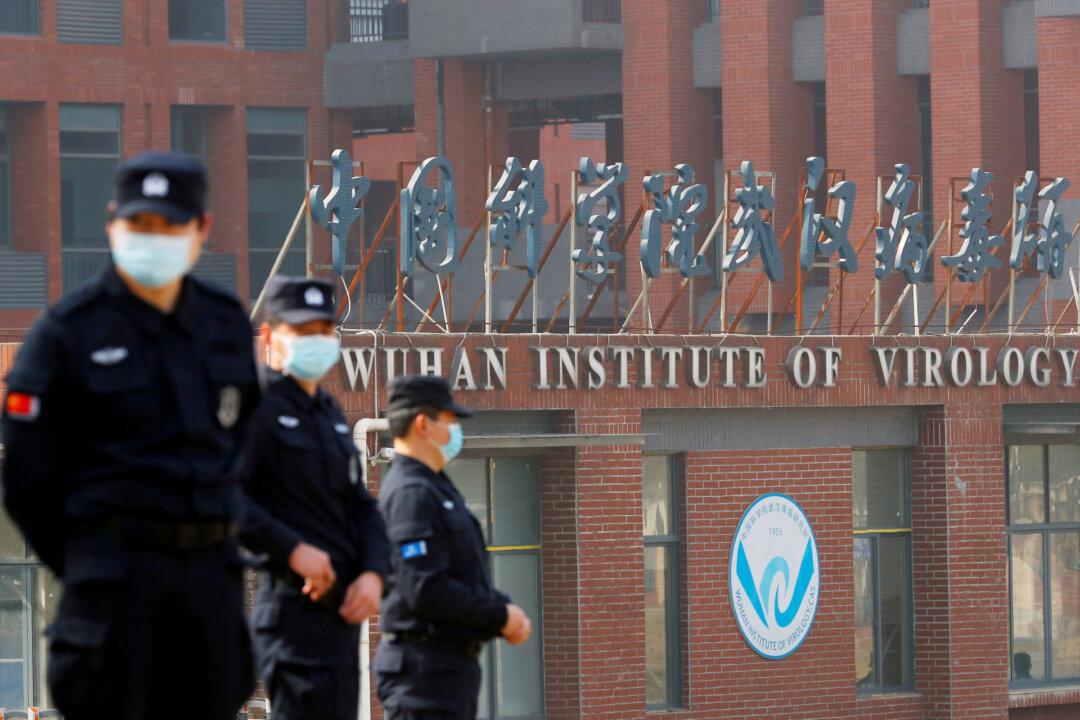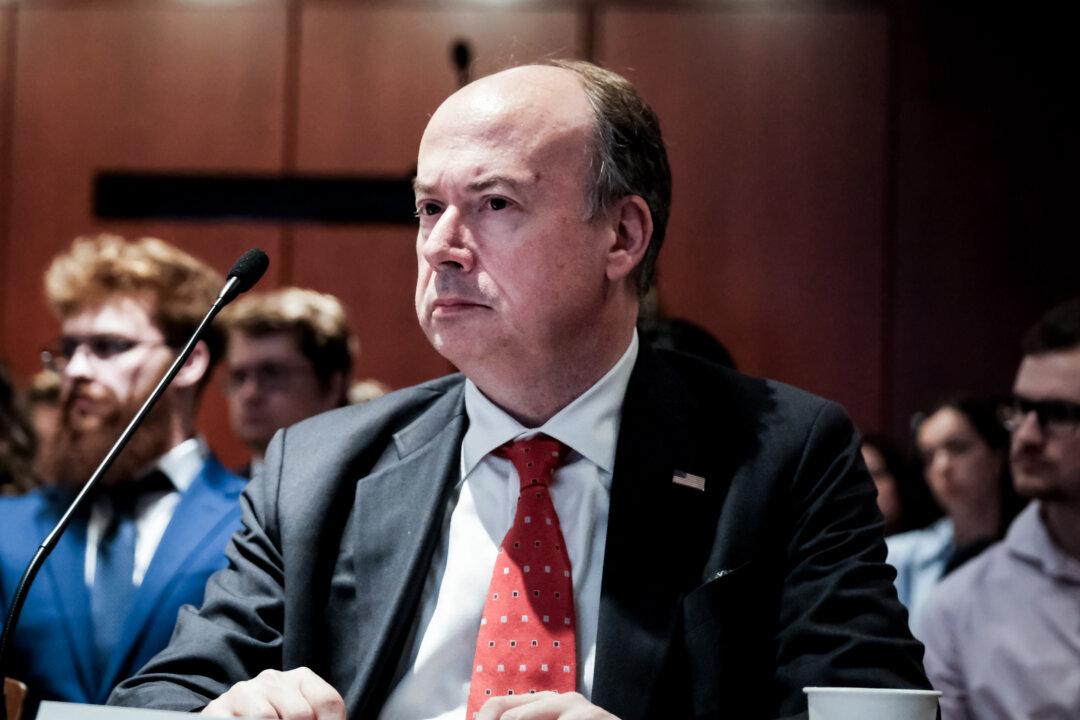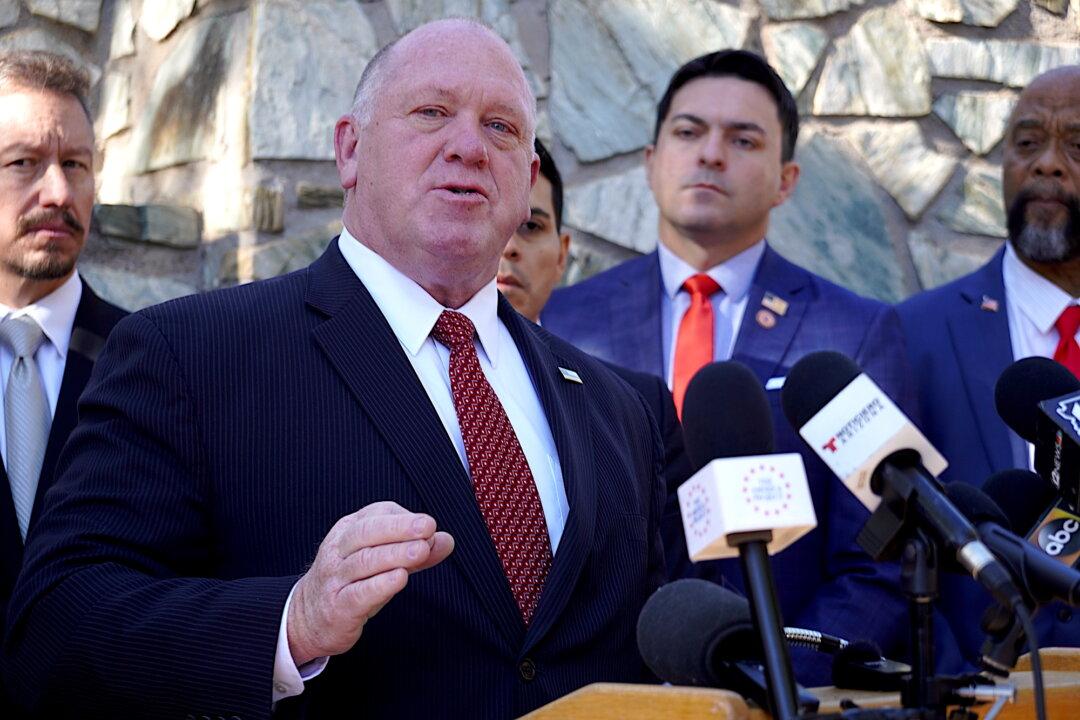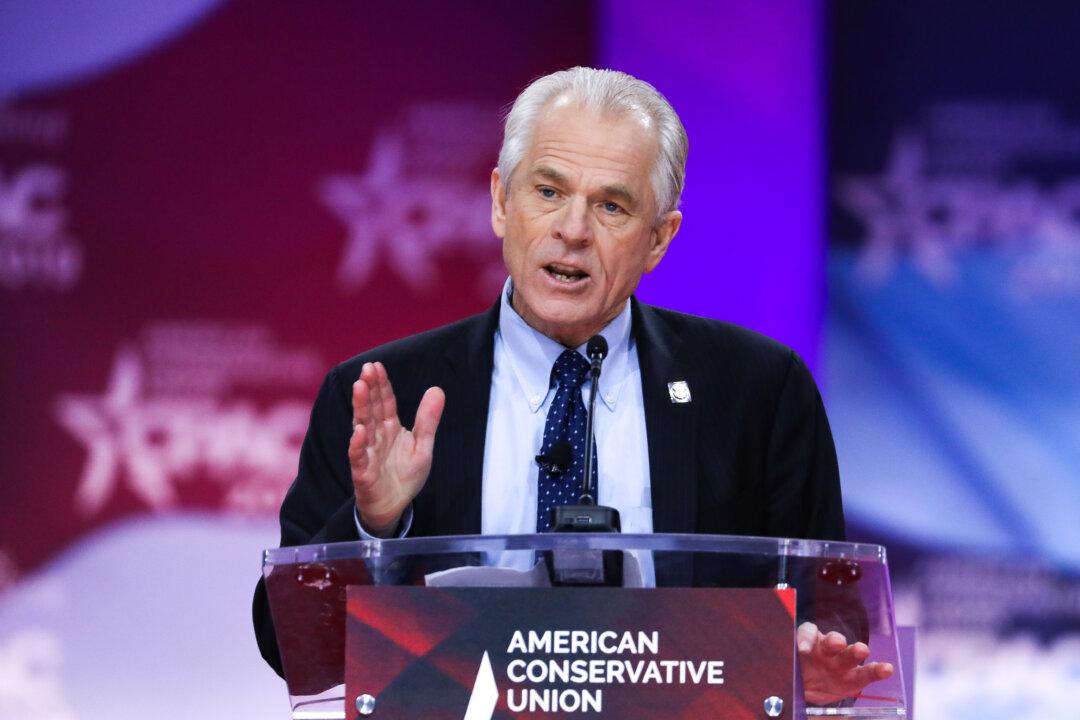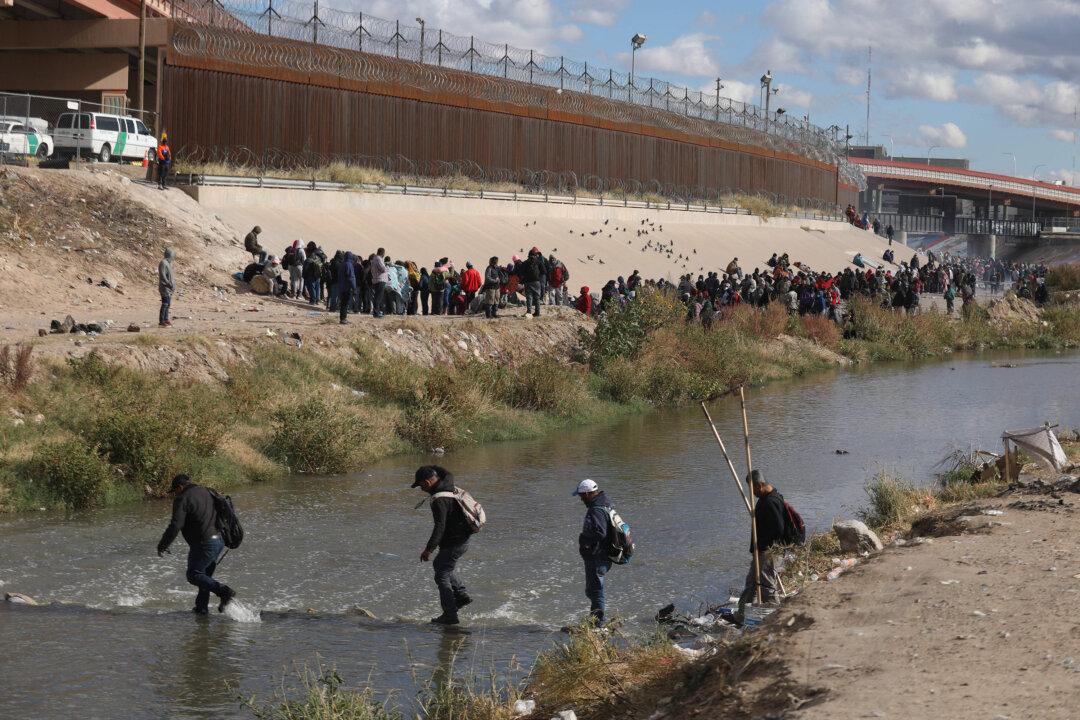The investigation into the origins of the COVID-19 pandemic should continue, said Thomas Wright, a senior fellow of foreign policy at Washington-based think tank Brookings Institution, after U.S. intelligence agencies earlier this week delivered an inconclusive assessment on the issue to President Joe Biden.
“It’s important to get to the bottom of it,” Wright told The Epoch Times. “To find out what actually happened.”
